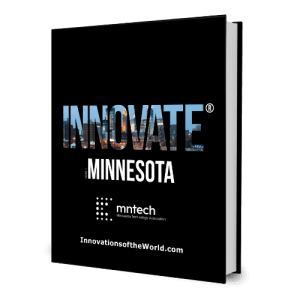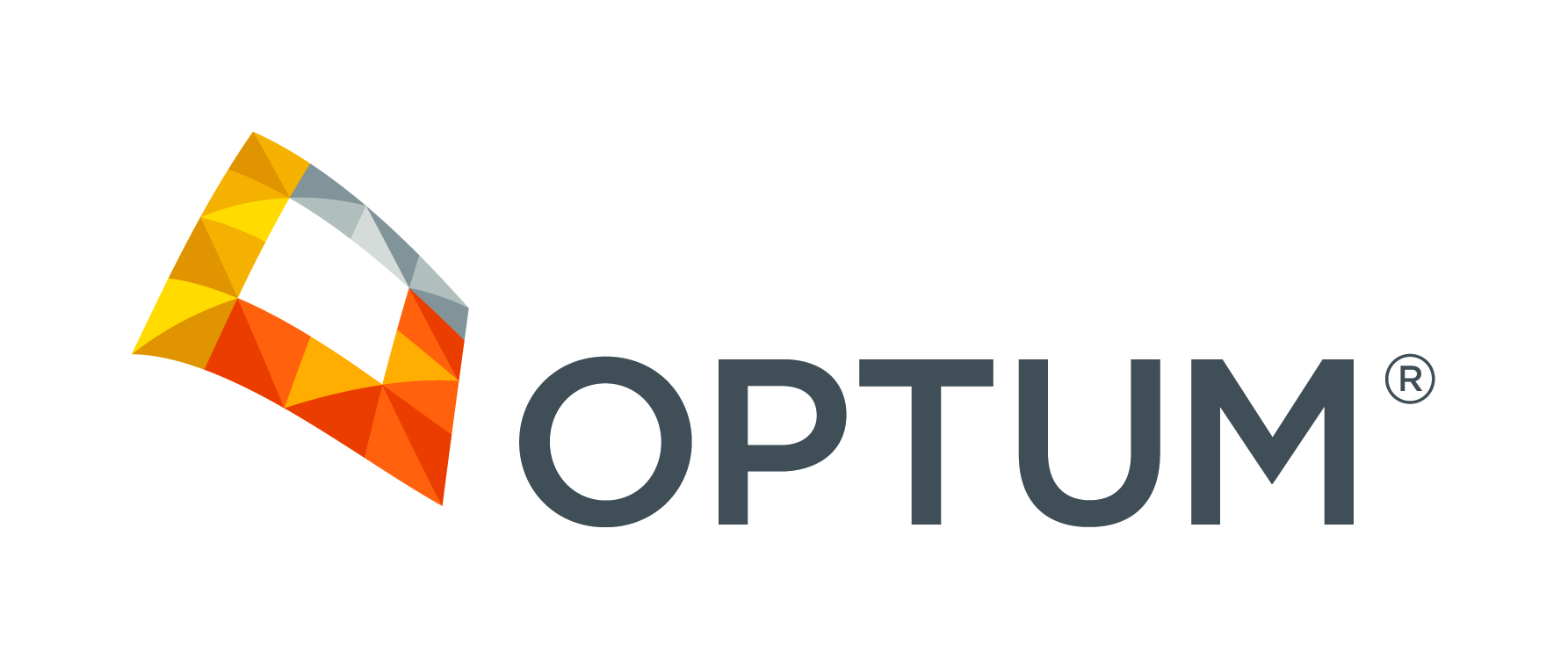Innovation means constantly learning from experiences of the past and using those as guideposts and insights to invent a better future—in this case, to make the health care system serve everyone better.
Innovation can mean many things. I look at Innovation using a lens of small “i” and BIG “I” models. Small “l” innovations are things that we do every day to incrementally make technology, processes, and experiences better for employees, consumers and members we are privileged to serve. BIG “I “innovations are things that radically change and define a new model of engagement that significantly reduces the complexities within today’s health care ecosystem. These could be using advanced technologies to the best of our abilities in support of the people we serve every day and making health care simple and easy for them to navigate.
I would go so far to say that technology has a moral responsibility to be the solution for today’s challenges. To be specific, I would like to see machine learning playing a broader role in health care in support of things like chronic disease management; fraud, waste, and abuse detection; and reducing hospital readmissions. And, I would like to see enhancements in our ability to answer benefit questions through Natural Language processing using Q&A search-like capabilities. Innovation like that helps us meet our customers, payers, and providers where they are and make working with us simple, easy, and more affordable.
Health care today still operates in a world of paper, batch processing, highly fragmented systems, and a lack of standards, all resulting in a confused customer experiences and outcomes.
But imagine a health care model for humanity where physicians know exactly which medications a patient is taking, which specialist to refer their patient to (or which site is best for tests and procedures), and where they can easily access a patient’s full and current medical history—at the point of care. Imagine a health care model where a patient is empowered with the right information to get the best care in network, in real time.
All resulting in consumers experiencing health care as convenient and easy to engage with.
I envision a time where we openly share data, code, and systems by enabling seamless interoperability, efficiency, and accelerated innovation; radically change health care from a fragmented and disconnected model to a real-time digital experience that eliminates waste and improves care outcomes; and evolve and elevate collaboration across the health care ecosystem to develop and employ optimal care pathways.
I am a strong believer in “the power of Passion and Perseverance.” I’d encourage any innovator or entrepreneur to keep learning and to be curious in your engagement at all levels when trying new technologies, new business models, and new ideas.
Change and innovation will only occur if we take chances and try new things. If you have the passion, know your purpose, and have the perseverance to go at some of the toughest challenges—we can together create a better and healthy health care system for tomorrow.
Mouli Venkatesan is Senior Vice President and CIO of OptumHealth and Enterprise Clinical Technology. Mouli supports businesses, consumers and customers of UnitedHealthcare and OptumHealth. In this capacity, he is responsible for technology strategy and delivery across the enterprise. Mouli also leads the enterprise technology agenda for interoperability and closely partners with UnitedHealthcare and OptumHealth business stakeholders, external regulators and industry collaborative standards forums to advance the interoperability agenda for the enterprise.
Mouli holds his undergraduate degree in electronic engineering from Gulbarga University in India and his MBA in health care from the University of St. Thomas in Minnesota.














